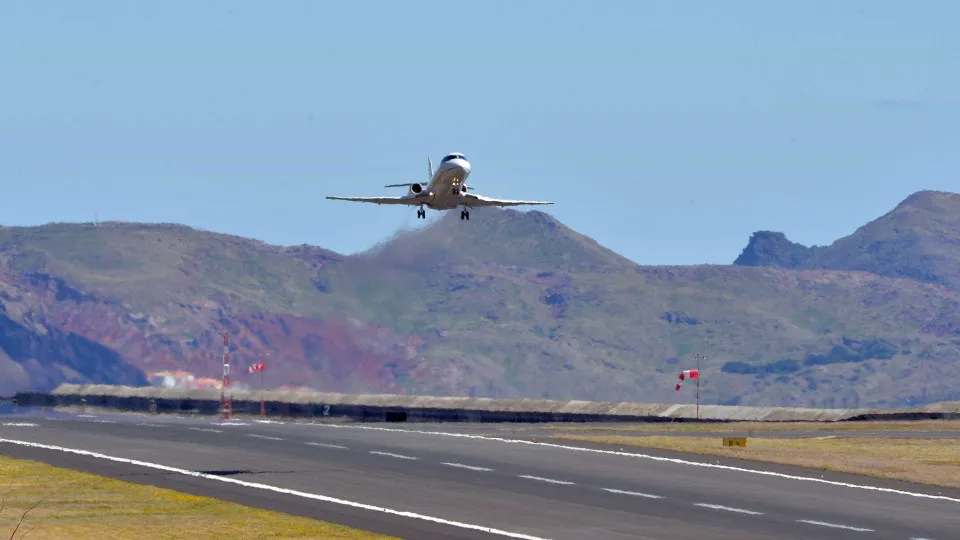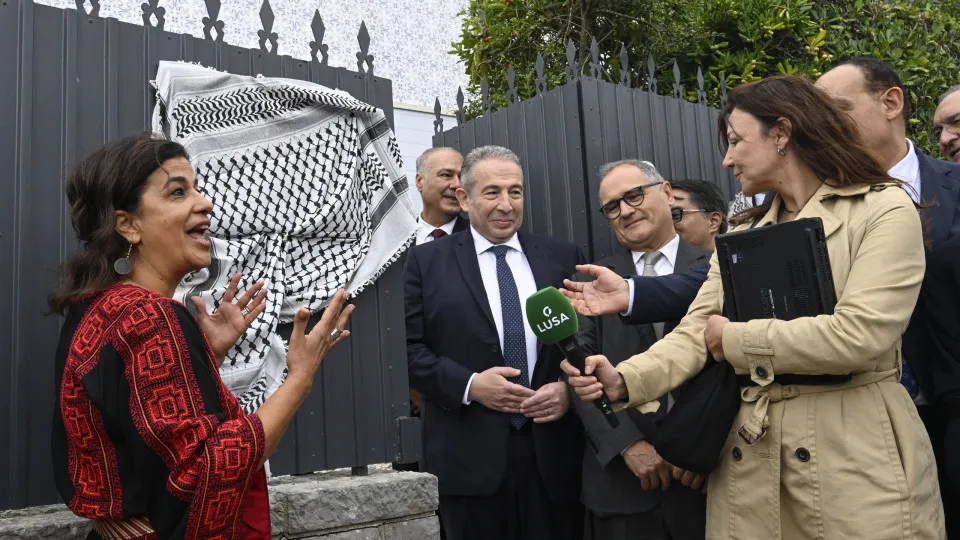
During a visit to London, the candidate described the voting system for Portuguese residents abroad as “unjustly restrictive,” as it requires in-person voting for presidential elections and doesn’t allow postal voting, unlike legislative elections.
The outcome, he said, is what he termed “first and second-class elections,” adding that “the parties are responsible for this situation, from the Right to the Left.”
In his pre-campaign trail, Marques Mendes announced to journalists his intention to implement “open presidencies” abroad if elected, aiming to “help put an end to this issue.”
“I believe a President of the Republic exists to be firm with the parties to correct what is wrong. I intend to have a firm voice to tell all parties, from the Right to the Left, the following: Portuguese people abroad are not second-class Portuguese,” he stated to journalists.
The open presidencies, he mentioned, would last about a week to ten days and could extend to several countries, with the President of the Republic accompanied by ministers, secretaries of state, party representatives, and senior state officials to discuss matters concerning Portuguese communities abroad.
Besides the possibility of in-person and postal voting in all types of elections, Marques Mendes advocates for Portuguese residents abroad to also have the option to vote digitally, once again criticizing the parties for blocking this progress.
“I have no doubt. Electronic voting doesn’t exist yet because some parties fear the votes of emigrants. They are afraid that this would significantly increase participation and consequently alter the results known in territorial terms,” he said.
Marques Mendes claimed responsibility for creating RTP Internacional in 1992, despite skepticism within the government itself.
“I made those decisions because I strongly believe in this idea. Portugal is not a territory; it is a nation. That’s why I’m here among the communities today,” he emphasized.
After a morning visit to Portuguese businesses in Stockwell, the South London neighborhood known as “Little Portugal,” he had lunch with supporters. In the afternoon, he had scheduled an interview with a local radio station and a visit to an association’s event.
On Sunday, he will head to the island of Jersey, home to a large Portuguese community, before returning to Lisbon later that day.
The presidential elections are set for January 18, 2026.




